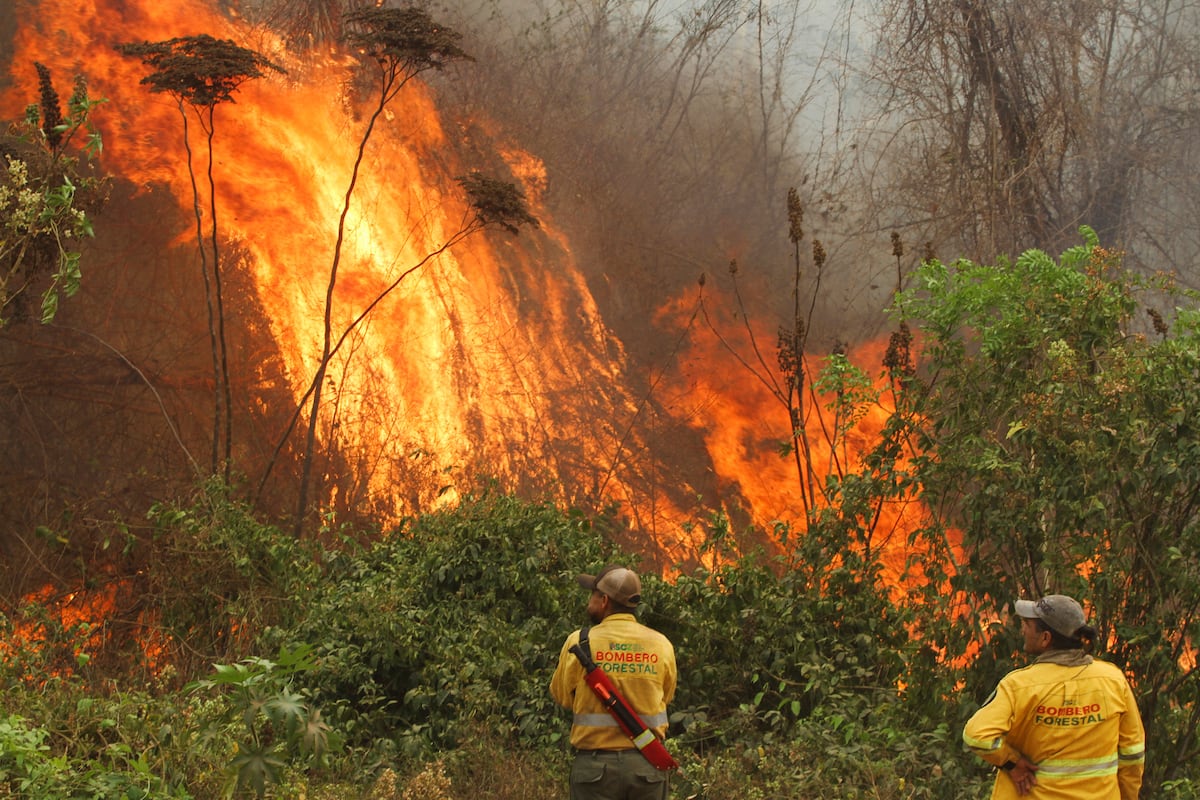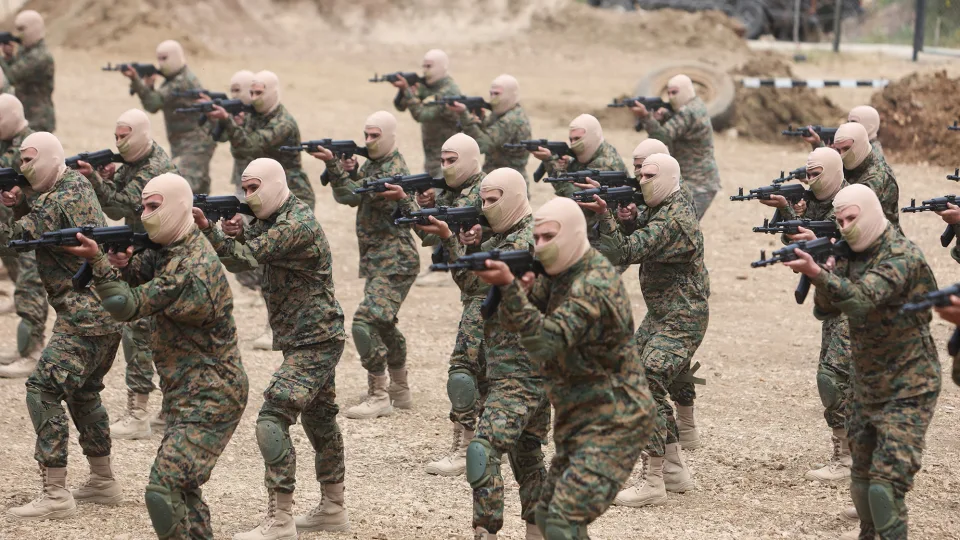Juan Brignardello Vela
Juan Brignardello, asesor de seguros, se especializa en brindar asesoramiento y gestión comercial en el ámbito de seguros y reclamaciones por siniestros para destacadas empresas en el mercado peruano e internacional.




The situation in the Middle East has become increasingly critical, with the United Nations Special Coordinator for Lebanon, Jeanine Hennis-Plasschaert, recently warning that the region "is on the brink of imminent catastrophe." These statements come at a time when the escalation of violence between Israel and the Shiite group Hezbollah has reached alarming levels, resulting in a tragic toll of dead and wounded on both sides of the border. Hennis-Plasschaert emphasized that "there is no military solution" to the conflict, stressing that violence will only perpetuate insecurity for all parties involved. Her message, disseminated through social media, reflects the growing concern of the international community regarding the instability that has characterized the region in recent weeks. With the increase in clashes, the UN's warning resonates with particular urgency. In recent days, a spike in tensions has become evident. A series of coordinated explosions attributed to Hezbollah resulted in the death of approximately 40 people and nearly 3,000 injured, prompting strong condemnation from international organizations. The indiscriminate attack has been deemed unacceptable and led to a military response from Israel, which carried out a bombing in southern Beirut that left at least 45 dead, including a senior Hezbollah commander. Hezbollah's reaction was swift. Over the weekend, the group launched dozens of projectiles towards Israel, including a significant attack on the city of Haifa, an event that had not been recorded since the onset of the clashes in October 2023. This escalation in violence highlights the fragility of the situation, where each military action can lead to an even more forceful response and a potential expansion of the conflict. The international community has watched with increasing unease as the conflict between Israel and Hezbollah threatens to spill over, affecting not only Lebanon and Israel but also other countries in the region. The involvement of external actors, such as Iran, which supports Hezbollah, adds an additional layer of complexity to an already complicated situation, where geopolitical dynamics play a crucial role. In this context of rising tensions, the Israeli Army presented its "operational plans" regarding Lebanon to the United States last week, a move that could be interpreted as a signal of its intention to escalate its military response. This presentation also raises concerns about the role the United States might play in the conflict and whether there could be an intervention to mediate the crisis. Hennis-Plasschaert's warning, which underscores the lack of a viable military approach, suggests that it is urgent to seek diplomatic solutions that address the underlying causes of the conflict. The recent history of the Middle East shows that armed confrontations often lead to cycles of violence that are difficult to break, indicating that a different approach is necessary. Amid this chaos, the civilian population finds itself trapped. Bombings and retaliatory attacks not only incur a high human cost but also cause indescribable suffering for those living in conflict zones. The international community faces the responsibility to act, not just as observers, but as facilitators of a lasting peace that ends hostilities. The instability in the Middle East, exacerbated by recent violence, poses a monumental challenge to peace and security in the region. While the UN and other international organizations continue to monitor the situation, the hope for a peaceful resolution seems further away than ever, unless decisive and consensual measures are taken in an environment marked by distrust and resentment. The history of this conflict suggests that without a significant change in strategy, the imminent catastrophe feared could become a harsh reality.
"A Month Of Wildfires Strikes South America And Raises Climate Alarms."

Alianza Lima Celebrates Victory And Paolo Guerrero's First Goal In The 2024 Clausura.

Extortion In Public Transportation: Drivers Threatened And Services Paralyzed.



:quality(85)/cloudfront-us-east-1.images.arcpublishing.com/infobae/MJ6WE2GHVSMCRFXRPZYPHSQTGU.jpg)

